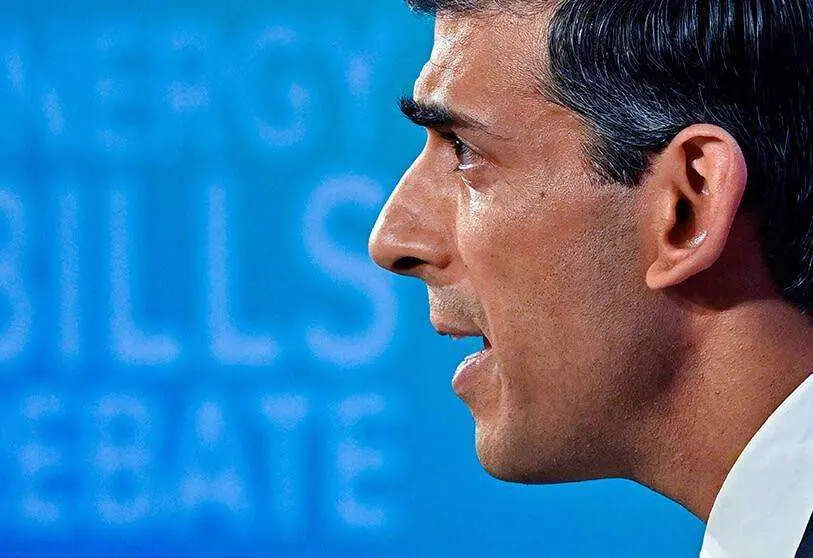Major changes in leadership

While the threat of very serious conflicts - the first between Russia and NATO has already begun - is becoming increasingly worrying, the world's leadership is being renewed in a way that could almost be said to be galloping. In a matter of hours, two of Europe's most important countries, the UK and Italy, are inaugurating governments with quite different characteristics, one with orthodox conservative leanings and the other with fascist reminiscences, disguised as they could not be in a firmly institutionalised democracy. Both share doubts about their success and even their longevity.
Rishi Sunak in London and Giorgia Meloni in Rome come to power in the midst of severe political and economic crises in their countries. Both are received with special attention in the European Union, plunged as it is well known in the uncertainty of the future created first by the pandemic and now by Russia's aggression against Ukraine with the negative effects it is creating for the entire international community. The United Kingdom is suffering the effects of Brexit and the rapid changes of government that are creating unprecedented political turmoil, and Italy is suffering the disrepute of a politics characterised by chronic instability.
In Europe, moreover, the other two most influential countries, Germany and France, are also going through periods of uncertainty, albeit of a different calibre: In Germany, the uncertainties are more profound following the accession to the chancellorship of the Social Democrat Olaf Scholz (who has still not managed to shake off the memory left behind by his predecessor Angela Merkel), and in France, those resulting from elections that re-elected President Emmanuel Macron, albeit with less support, forcing him to make changes, as revealed by the personality and initial actions of the new prime minister, Elisabeth Borne.
The menacing shadow of Vladimir Putin, who, perched in the Kremlin, has become a threat to international peace as he is demonstrating, coincides with the exaltation in China of Xi Jinping with his strengthened powers and the doubts aroused by his conviction that he effectively has in his hands one of the two great superpowers and anticipates that his main objective to go down in history is the recovery of the island of Taiwan, needless to say, this would mean opening up hostilities that would put an end to the fragile coexistence that is beginning to turn into a Second Cold War.
Meanwhile, in the United States, which of course does not renounce its role as the gendarmes of the peace that it too often disturbs, the campaign for the mid-term elections to be held on 8 November is unfolding without much fanfare, and the outlook for the imminent future is no less confusing. The crisis has hit the economy hard of late and President Joe Biden, whose image was so badly damaged by the abandonment of Afghanistan and barely recovered in his clear response to Russia in defence of Ukraine, is feared to fare badly.
The forecasts expressed in thousands of polls anticipate that, although he may maintain the tie in the Senate, the seats to be filled depend more on the states, it is feared that he will lose the majority in the House of Representatives, which is being completely renewed and which is fundamental to maintaining his projects in such difficult times and, of course, his chances of re-election, which he claims to aspire to in the presidential elections in two years' time.
Nor is the outcome of the Brazilian elections to be held this weekend negligible when it comes to analysing the international panorama. The technical tie predicted by the polls between the two opposing candidates, the leftist Lula da Silva and the ultra-right-wing Jair Bolsonaro, increases interest, and not only because of Brazil's importance as the main Latin American power, without forgetting something as important as the conservation of the Amazon rainforest, fundamental in the defence of climate change, Lula's victory, despite being a moderate politician as he demonstrated in his first term, will mean that practically the entire continent will be in the hands of the left, in some cases revolutionary.

